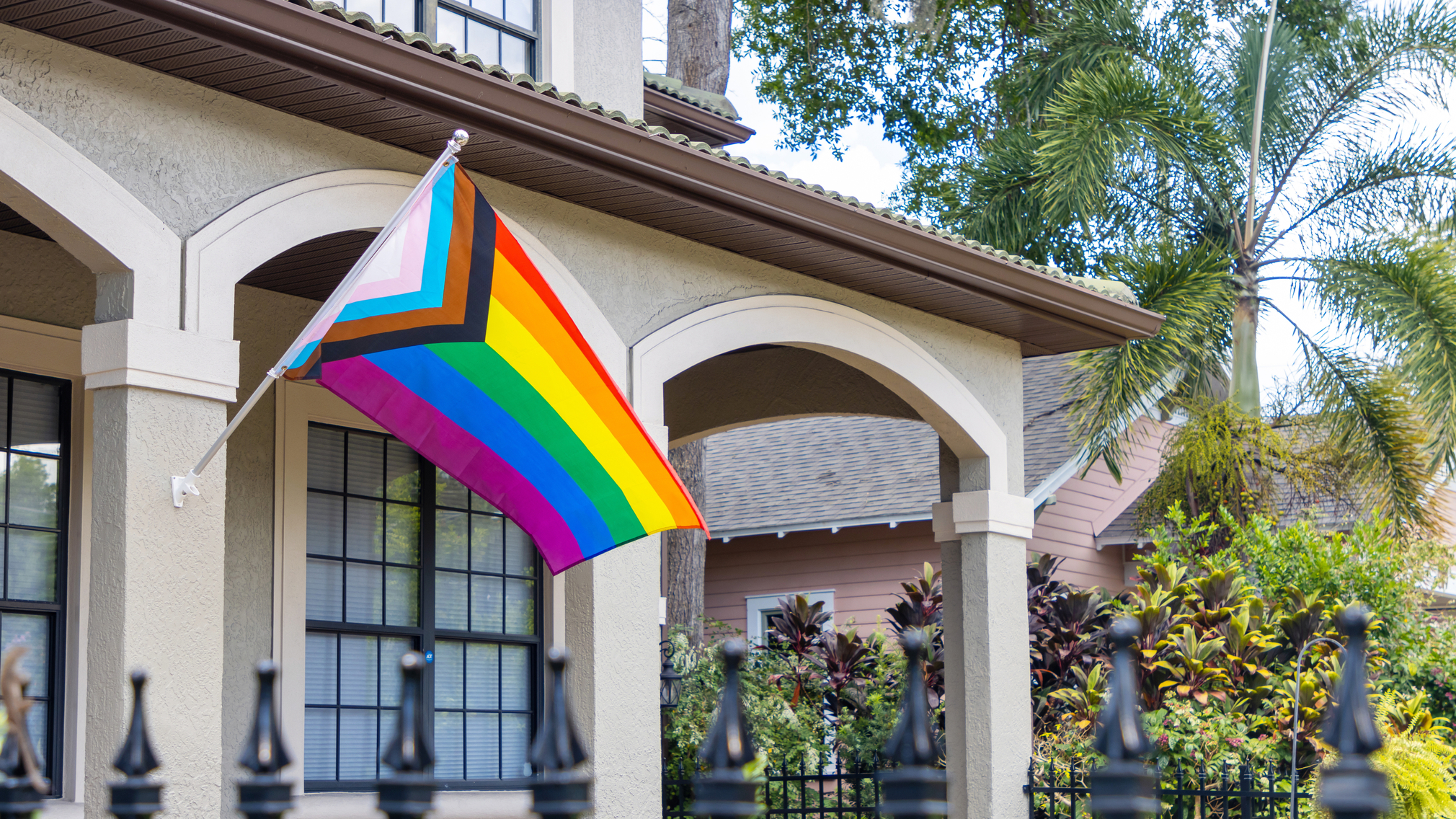Finding a Home: Tips for LGBTQ+ Buyers
For the LGBTQ+ community, the experience of finding and buying a home can be a challenge. These home-buying tips can help make your path to homeownership more fair and equitable.


Written by Zillow on June 9, 2025
Housing discrimination remains an issue for LGBTQ+ homebuyers, despite a federal law that outlaws sex-based discrimination when buying or renting a home, applying for a mortgage or housing assistance and other housing-related activities.
A recent Zillow survey found that nearly 8 in 10 LGBTQ+ individuals said they have experienced housing discrimination based on their identity.
The Fair Housing Act, the federal law that makes it illegal to discriminate based on a person’s sex and other characteristics such as race and religion, provides broad protections against sex-based discrimination. However, it does not explicitly outlaw discrimination based on gender identity/expression or sexual orientation. As a result, the most stringent protections for the 11% of homebuyers who identify as LGBTQ+ are often at the state and local level.
State and local laws provide additional protections
Twenty-two states, the District of Columbia and the U.S. Virgin Islands have adopted laws to protect LGBTQ+ buyers from housing discrimination. And many local governments have adopted their own protections.
Information on legal protections for gender identity and sexual orientation are included on every Zillow home listing, allowing LGBTQ+ buyers to see whether the home they’re considering is covered by state-level protections in housing, employment and public accommodations. The information can be found on the home listing under “Local legal protections.”
Learn how to identify and respond to housing discrimination
Housing discrimination may be subtle, or at least not explicitly stated. The following scenarios could be possible indicators of discrimination:
- You made an offer, and later found out it was passed over for a lower offer with no other obvious benefits to the seller
- You made the only offer, which was rejected, and then noticed the house went off the market but was relisted a short time later
- A seller walked away from a purchase agreement with no explanation after they became aware of your identity
- You are offered financing, but at a higher rate than someone with a comparable credit score and employment history
- An agent refuses to represent you based on your identity
- You’re denied financing despite a solid credit and employment history
- You’re steered away from certain neighborhoods
If you believe you have been the victim of housing discrimination based on your sex, you can file a fair housing discrimination complaint online with the federal government. (The official complaint form does not provide an option to file for sexual orientation or gender identity, but does allow you to select sex-based discrimination.)
If you are in a city or state with LGBTQ+ protections for gender identity and sexual orientation, your locality will have a process for filing a complaint as well. Finally, the National Fair Housing Alliance maintains a list of local fair-housing organizations that may serve as an additional resource.
If you feel you’re being discriminated against, be sure to take detailed notes and save any documentation that can help you make your case.
Choose a supportive real estate agent
It’s important that you feel comfortable with your real estate agent, and finding an agent with experience helping LGBTQ+ buyers can be a huge benefit to you. They are more likely to recognize discrimination and know which fair housing resources are available to you.
Zillow’s real estate agent directory can help you find and connect with highly rated local agents. You can browse agent profiles and read reviews from other buyers and sellers to get a sense of whether the agent seems like a good fit for your needs. When you do reach out, be upfront about what you’re looking for in an agent and any concerns you may have about the buying process.
Consider the neighborhood
Finding a neighborhood that’s a good fit is important for all home buyers — your local parks, businesses and neighbors are likely to influence your feelings about your home. LGBTQ+ buyers often list inclusiveness among their “must-haves” when looking for an ideal neighborhood, so learning how to screen places for this quality is important.
If you’re unfamiliar with the neighborhoods where you’re looking for homes, your real estate agent can be a great resource for helping identify areas that have the qualities you want. Agents can’t tell you where you should or shouldn't live – that’s an illegal practice called steering – but they can help you gather information you need to make an informed decision. It’s also a good idea to spend some time in those neighborhoods, if possible, during the day and evening to get a feel for the community and the sense of belonging it provides.
Additional resources
There are many organizations that provide information and support for LGBTQ+ buyers. Here are a few resources that may be available to help:
How much home can you afford?
At Zillow Home Loans, we can pre-qualify you in as little as 5 minutes, with no impact to your credit score.
Zillow Home Loans, NMLS # 10287. Equal Housing Lender
Get pre-qualifiedA great agent makes all the difference
A local agent has the inside scoop on your market and can guide you through the buying process from start to finish.
Learn more


